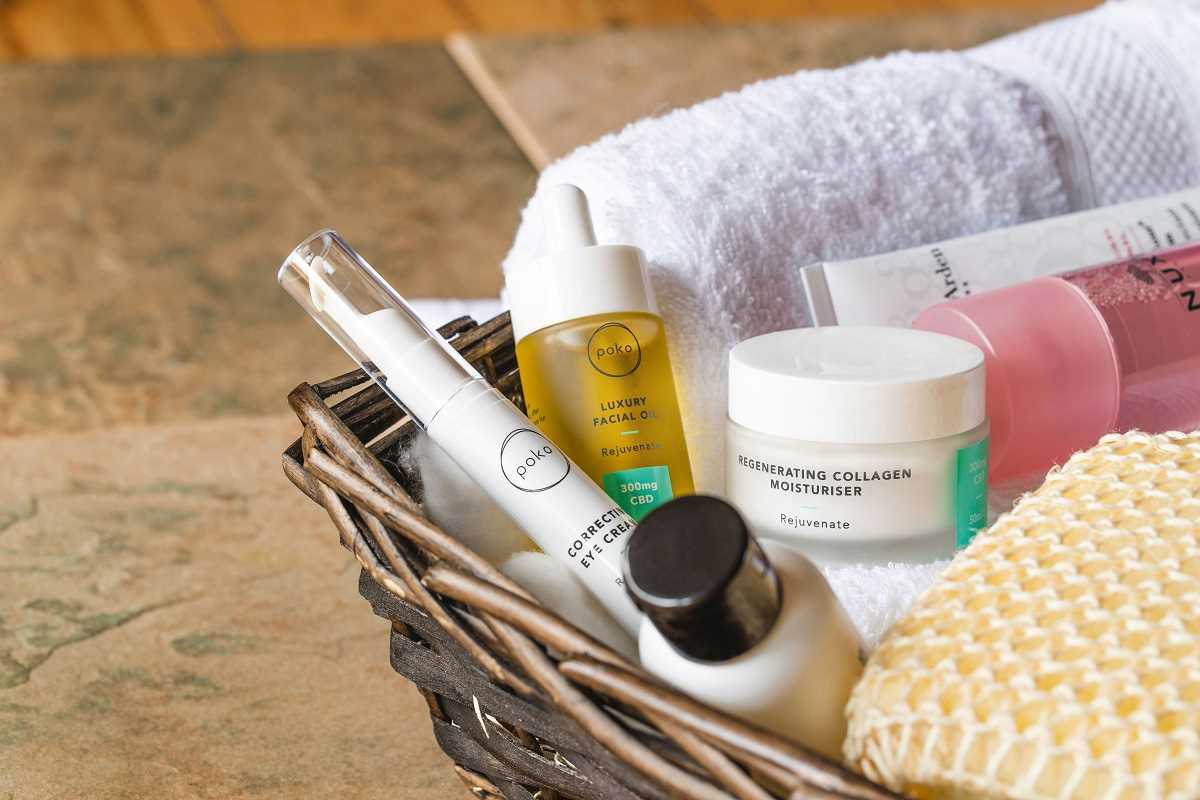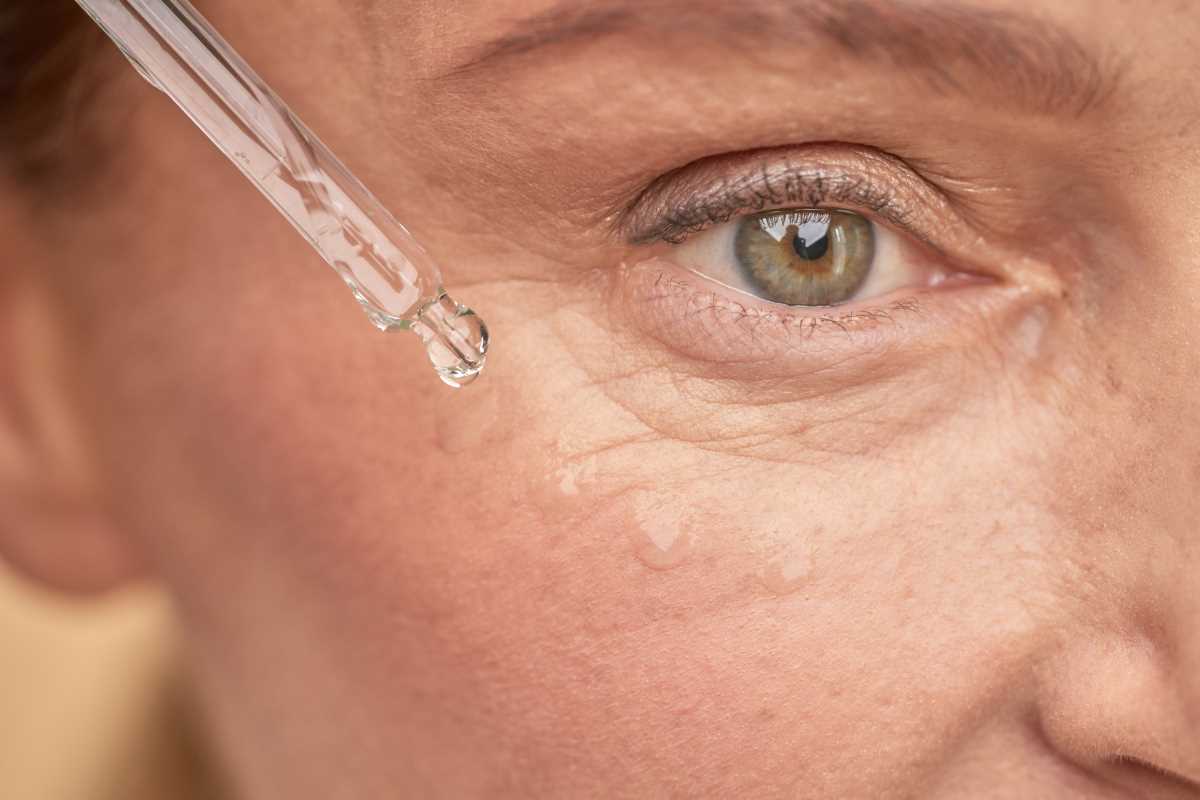Have you ever wondered why some skincare products work better than others? The secret lies in the ingredients. Skincare is more than just creams and lotions; it’s science in action. Each ingredient has a specific job, from moisturizing to protecting against sun damage. Knowing how these ingredients work can help you choose products that are best for your skin. We’re going to explore some of the most common skincare ingredients and the science behind them. By the end, you’ll have a better understanding of what makes these products effective and how to build a routine that keeps your skin healthy and glowing.
Hyaluronic Acid: The Hydration Hero
Hyaluronic acid is one of the most popular ingredients in skincare today, and for good reason. This molecule is like a sponge, holding up to 1,000 times its weight in water. Your skin naturally produces hyaluronic acid, but as you age, the amount decreases. That’s why many moisturizers and serums are included to help keep skin hydrated.
When applied, hyaluronic acid pulls water from the air or deeper layers of the skin to the surface. This keeps your skin plump and reduces the appearance of fine lines. For the best results, pair hyaluronic acid with a good moisturizer to lock in the hydration.
Retinol: The Anti-Aging Superstar
Retinol, a form of vitamin A, is a powerful ingredient for reducing wrinkles and improving skin texture. It works by speeding up the turnover of skin cells, helping old cells shed, and making way for new ones. This process also boosts collagen production, which keeps skin firm and smooth.
However, retinol can make your skin sensitive to sunlight, so it’s best to use it at night and follow up with sunscreen during the day. Start with a low concentration to avoid irritation and gradually increase as your skin adjusts.
Vitamin C: The Brightening Booster
Vitamin C is a must-have for glowing skin. This powerful antioxidant helps protect your skin from damage caused by pollution and sunlight. It also brightens your complexion by reducing dark spots and uneven skin tone.
When choosing a product with vitamin C, look for one that contains L-ascorbic acid, the most effective form. Store your vitamin C products in a cool, dark place to keep them fresh and potent, as they can break down when exposed to light and air.
Niacinamide: The All-Around Protector
Niacinamide, also known as vitamin B3, is a versatile ingredient with many benefits. It helps reduce redness, improve uneven skin tone, and strengthen your skin’s barrier. A strong barrier is essential for keeping moisture in and harmful bacteria out.
Niacinamide is also great for people with acne or sensitive skin because it calms inflammation and reduces oil production. It’s gentle enough to use daily and pairs well with almost any other ingredient, making it a fantastic addition to your routine.
Sunscreen: The Ultimate Skin Protector
Sunscreen isn’t just an ingredient—it’s a must-have product for everyone. The sun’s UV rays can cause premature aging, dark spots, and even skin cancer. Sunscreens contain ingredients like zinc oxide and titanium dioxide, which physically block UV rays, or chemical filters that absorb the rays before they can harm your skin.
Dermatologists recommend using sunscreen with at least SPF 30 every day, rain or shine. Reapply every two hours if you’re outside, especially if you’re swimming or sweating. Remember, sunscreen is the best way to protect your skin and keep it looking youthful.
Salicylic Acid: The Acne Fighter
You've probably heard of salicylic acid if you’ve ever dealt with acne. This ingredient is a type of beta hydroxy acid (BHA) that exfoliates inside your pores, clearing out oil and dead skin cells. By keeping pores clean, salicylic acid prevents blackheads, whiteheads, and breakouts.
It’s especially effective for people with oily or acne-prone skin. Start with a product containing 1-2% salicylic acid and use it a few times a week to avoid drying out your skin.
Ceramides: The Skin Barrier Builders
Ceramides are fats naturally found in your skin. They act like the glue that holds your skin cells together, forming a protective barrier. This barrier keeps moisture in and irritants out, making ceramides essential for maintaining healthy skin.
Products with ceramides are beneficial for people with dry or sensitive skin. They replenish your skin’s natural defenses and help it recover from damage caused by harsh weather or over-cleansing.
Alpha Hydroxy Acids (AHAs): The Gentle Exfoliators
AHAs, like glycolic acid and lactic acid, are natural acids that exfoliate the surface of your skin. They dissolve the bonds between dead skin cells, making your skin smoother and brighter. Regular use of AHAs can also help fade dark spots and fine lines.
Because AHAs can make your skin more sensitive to the sun, always pair them with sunscreen. Start by using them a few times a week and gradually increase frequency as your skin tolerates.
 (Image via
(Image via





